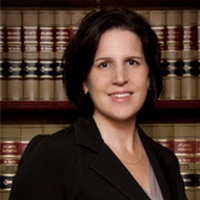Princeton Adoption Lawyer, New Jersey
Sponsored Law Firm
-
 x
x

Click For More Info:
-
Hulse & Wynter, LLC
1624 Jacksonville Road Suite 1 Burlington, NJ 08016» view mapDivorce & Family Law 40 Years of Experience
The attorneys at Hulse & Wynter offer reliable legal solutions to individuals and businesses in the areas of real estate, family, probate, bankruptcy and business law.
800-611-9690
Lawrence W. Saltzman
Adoption, Alimony & Spousal Support, Dispute Resolution, Arbitration
Status: In Good Standing
FREE CONSULTATION
CONTACTRosalind Westlake
Adoption, Corporate, Business Organization, Commercial Leasing
Status: In Good Standing
Irwin P Rosenthal
Adoption, Business Organization, Child Support, Collection
Status: In Good Standing
Elizabeth Zuckerman
Litigation, Employment, Adoption, Discrimination
Status: In Good Standing Licensed: 38 Years
Amy Stutzke
Adoption, Age Discrimination, Alimony & Spousal Support, Americans with Disabilities Act
Status: In Good Standing Licensed: 20 Years
Carrie Stewart Martin
Adoption, Divorce & Family Law, Criminal, Business
Status: Inactive Licensed: 20 Years
 Gracy Wynter Burlington, NJ
Gracy Wynter Burlington, NJ AboutHulse & Wynter, LLC
AboutHulse & Wynter, LLC Practice AreasExpertise
Practice AreasExpertise
